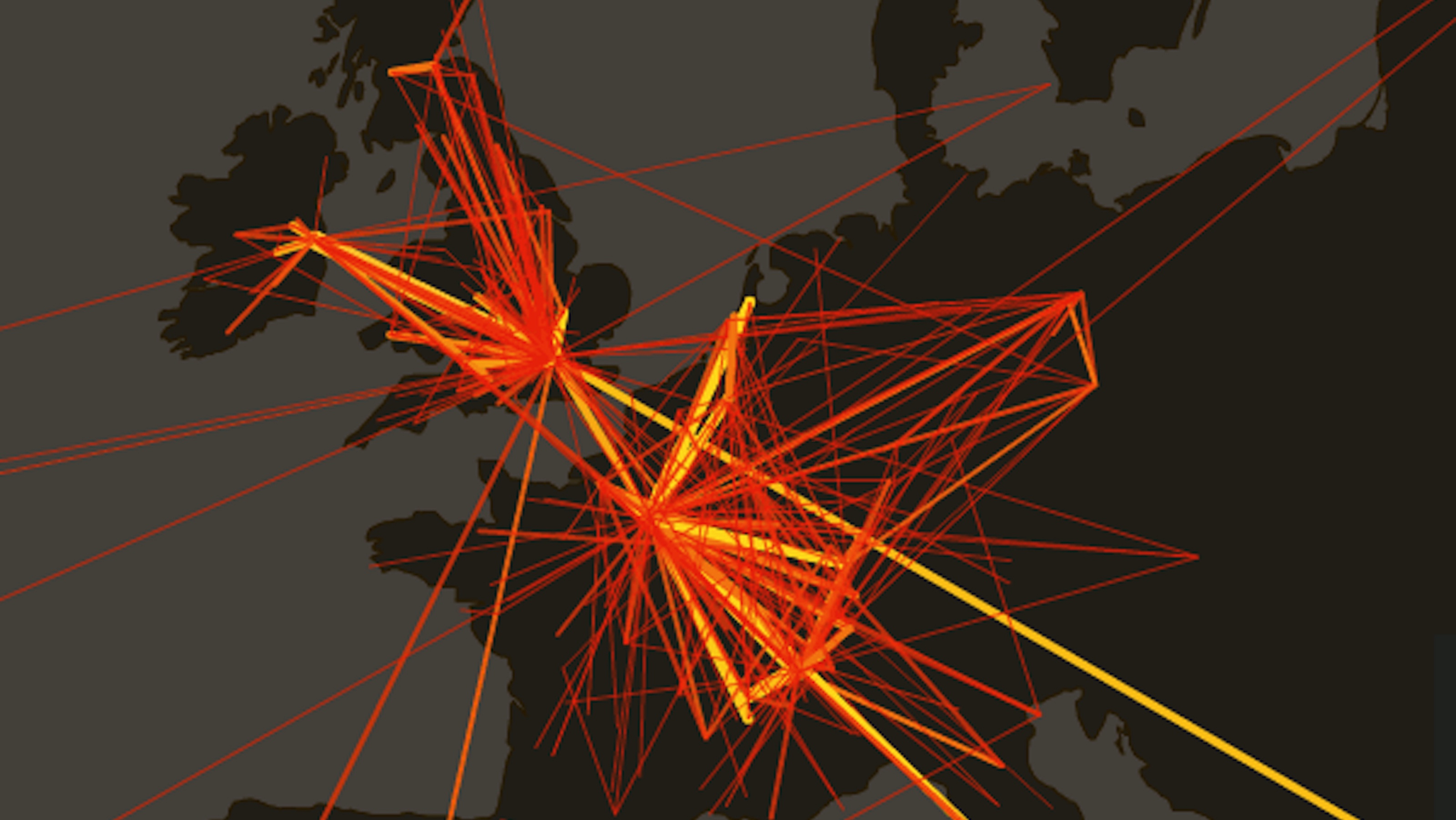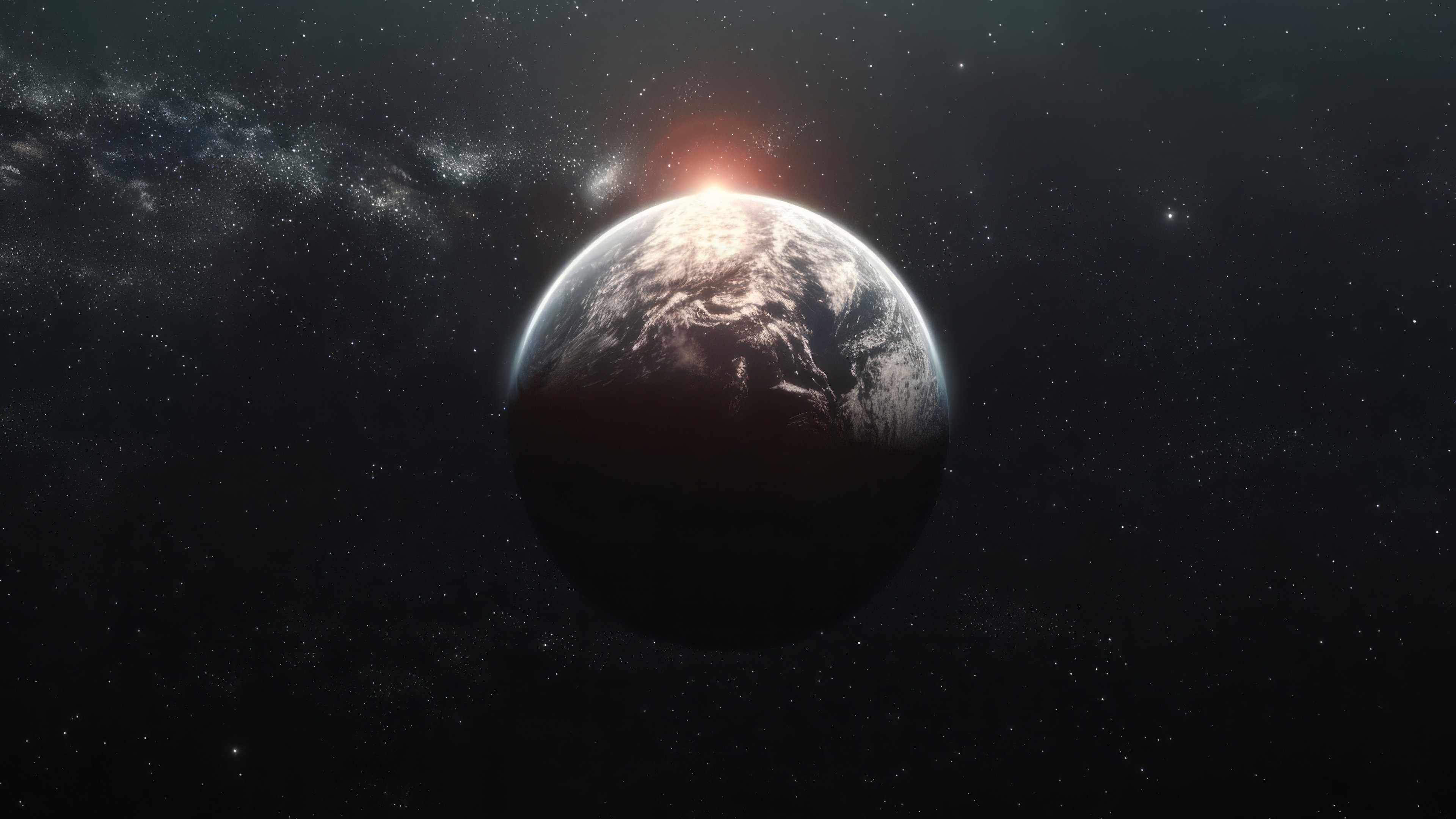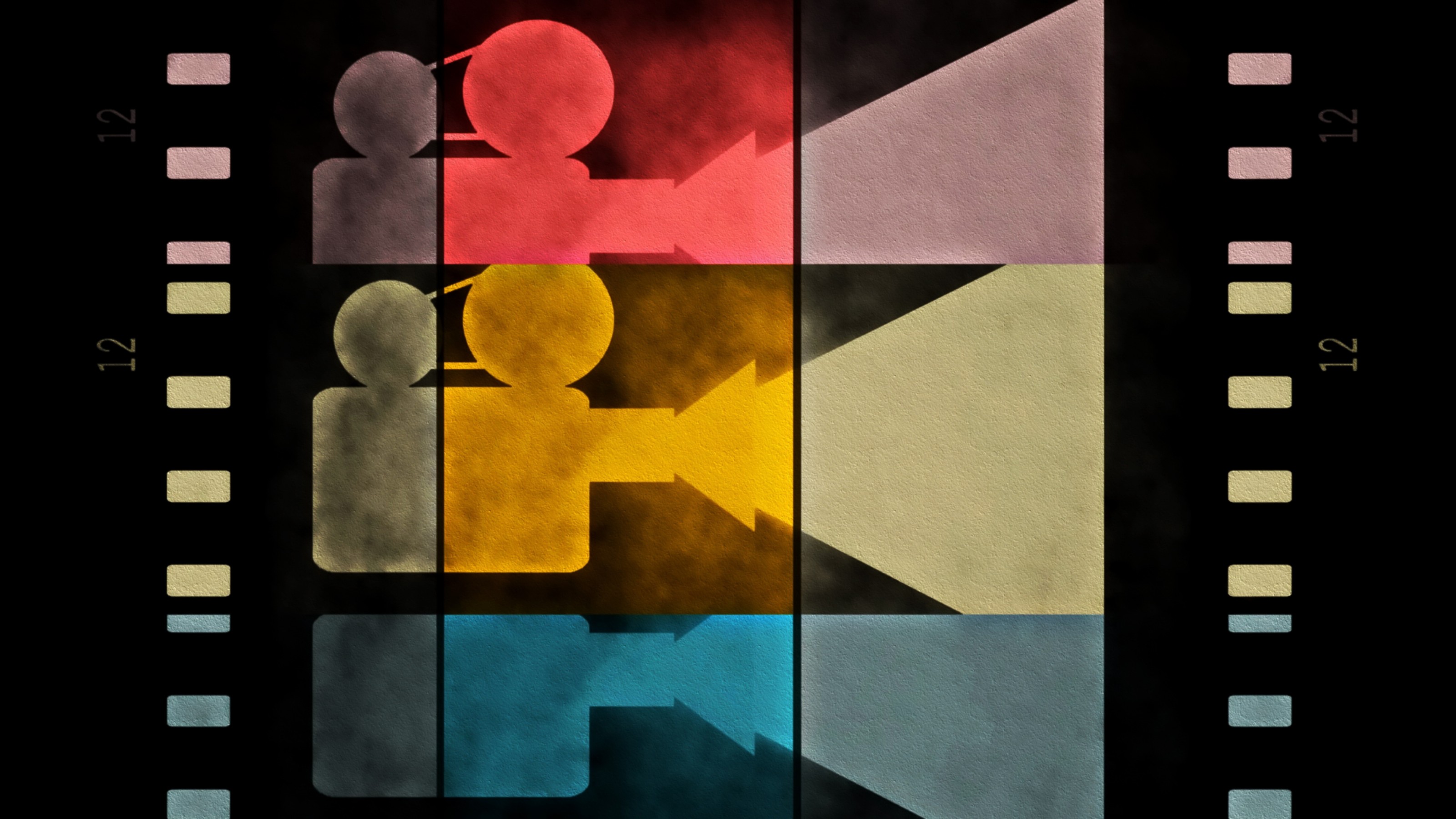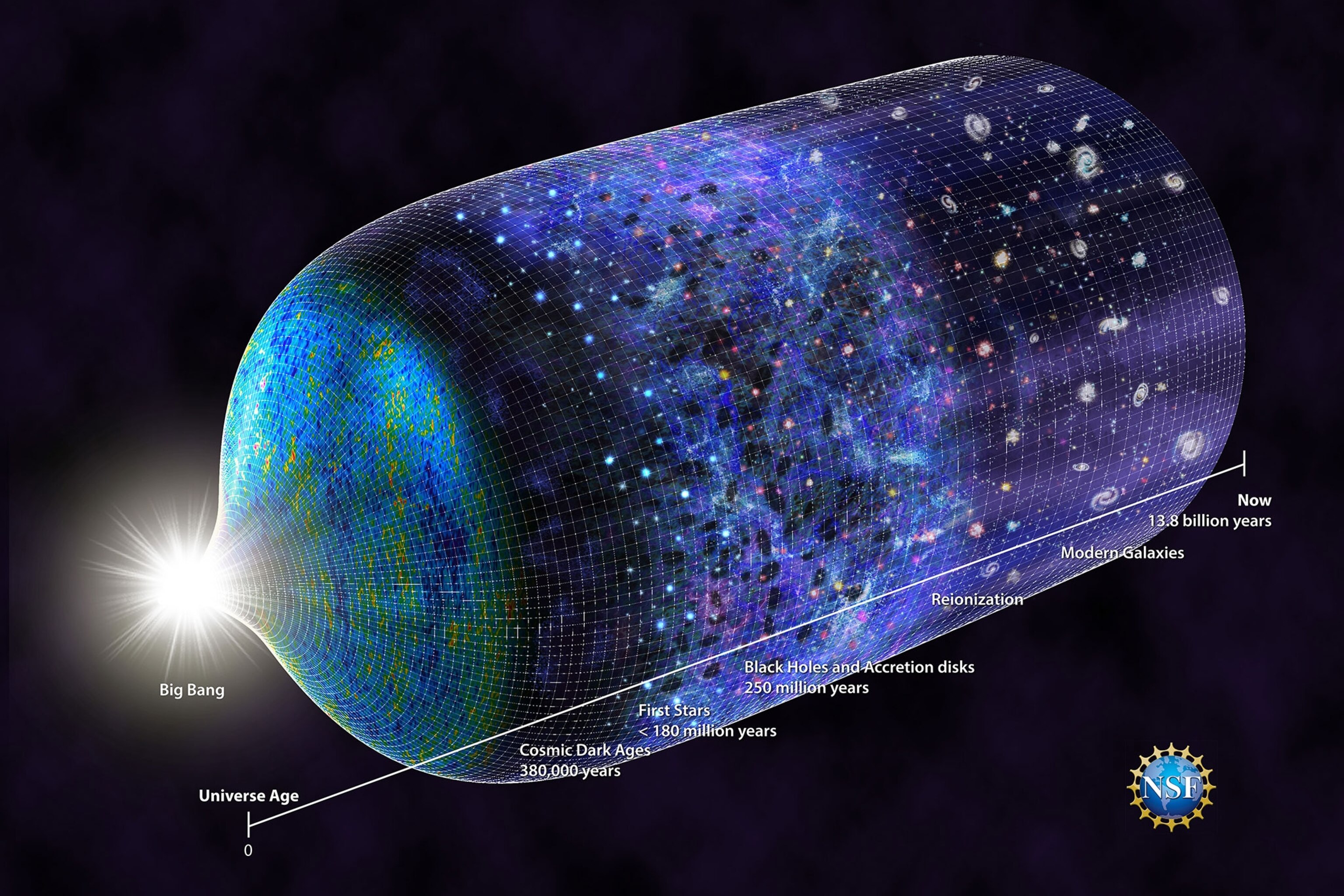In the earliest stages of our educations it gets drilled into us that certainty is good, and phrases like “I don’t know” or “I’m not sure” are lesser ways of thinking. That’s a shame, says former World Series poker champion and self-professed “uncertainty evangelist” Annie Duke: being uncertain is a much more accurate representation of the world than concrete certainty—there is just too much blind luck in the mix. Most often we’re dealing with probability, not premonition, but the more accurate you make your worldview, the better your predictions will turn out. Embracing what you don’t know can help you make surer bets on the future. Here, Duke gives an eye-opening lesson on how to recalibrate your beliefs, the difference between confidence and certainty, and how to use uncertainty to cultivate flexible thinking, smarter decision-making, and more productive collaboration. Annie Duke is the author of Thinking in Bets: Making Smarter Decisions When You Don’t Have All the Facts.
Annie Duke: I like to think of myself as an uncertainty evangelist. I’m just shouting it from the rooftops: we should all be embracing uncertainty. And one of the most common things that people are saying to me is: isn’t uncertainty a barrier to success?
I think there’s a couple of things. I think that, first of all, this idea of “I don’t know” or “I’m not sure” or “it could turn out a lot of different ways” or all the different ways we might express uncertainty: “I believe this thing to be true, but I’m like 60 percent on it.” I think that we’re taught from the earliest stage, as we walk into preschool, that “I’m not sure” and “I don’t know” are strings of dirty words or something. I mean, last time you put “I don’t know” on a test what happened to you? I’m pretty sure you got marked wrong. But the thing is that that’s really a shame.
Certainly it’s a much more accurate representation of any kind of prediction of the future. If I say to you, “Well I think that we should implement this business strategy because here’s how it’s going to turn out…” Well I hope that you’re not saying: “I know for sure it’s going to turn out that way,” because that’s just not an accurate representation of the world. Too many things can intervene. There’s too much luck involved in the way that things turn out.
Even if I know for sure what the mathematics are; even if I’ve got a coin, I’ve examined it, I know it’s a fair coin with a heads and a tail, so I know it’s going to land heads or tails 50 percent of the time—I still don’t know how it’s going to turn out on the next flip. So if you ask me: "If I flip this coin what’s it going to land on?" There’s one sense in which I can tell you something with some certainty; I can say, “Well, if I had done my homework, I can say that 50 percent of the time it will land heads.” And if you say to me, “Well, no that’s not what I want you to tell me. What’s it going to land?” My answer has to be: I don’t know. I mean, how could I? So A: uncertainty is a more accurate representation of the world and I’d like to argue that the more accurate your representation of the world the better your decisions are and the better you’re going to propel yourself to success. So that’s number one. But we’re taught that it’s a bad thing.
I think the other problem is that we really confuse confidence with certainty. And there’s a difference. One of the things that I used to say in poker when people would ask me about it—they’d say, “Don’t you need to be like super confident to be a great poker player?” And I would say, “Well it kind of depends on what you mean by confidence.” There’s one thing, which I would sort of view as hubris in the face of the game: it's thinking that you know much more about the game than you actually do. Because the game is incredibly complicated. The more that you learn about it, the more you figure out that you don’t know very much about the game. So there’s this expansion of your knowledge of what you don’t know as you go through and how little you really know. That’s even as you’re getting better at it, you’re sort of un-peeling it, and there’s just more and more layers underneath it.
And so I really look at the game of poker and I say, “Gosh, I really don’t know very much about this. I’m really unsure about the strategy. I really don’t know how to solve this problem.” That’s different than being confident in the face of your opponents. So those are two very, very separate things and I think that we conflate the two, so that what we think is being confident is the same as being certain. And here’s the problem: again, it’s not an accurate representation of the world, number one. Number two, it causes you to be closed-minded. And what we always want to be doing is calibrating and updating our beliefs because the better, the more accurate our beliefs are, the better our decisions are going to be, the better our predictions about the future that result from those decisions. Because our decisions are always informed by our beliefs, and our beliefs are really bets on the future. We’re going to invest some sort of resource that propels us toward some set of futures, and the decision we make we think is going to propel us toward the best possible future.
If you walk around certain that what you believe is true, and expressing certainty that what you believe is true it will close your mind off to new information because we will swat it away. Confirmation bias, motivated reasoning, all of those things are going to cause us to protect our beliefs, which are part of our identity, and we will not be open to new information. It’s a really big difference to be thinking, “I’m certain of this belief; I know it’s true; I‘m 100 percent,” and you’re thinking about the world as right or wrong, as opposed to this little place, this middle place of, "I’m not sure." And now you get new information, and what do you have to do when it disagrees with you? It forces you into a total reversal. All of a sudden you have to say, “I’m wrong,” as opposed to, “Well, I believe this thing to be true and I think I’m 60 percent on it and now you’ve given me new information.” Well it’s a lot easier to be like, “You know what, now I’m like 52 percent. Or you told me this thing that affirms what I thought so now I’m like 67.” And it's a lot easier to be a calibrator because you’re not starting from a place where your identity is wrapped up in that belief of being certain. So that’s number two.
Number three is that embracing uncertainty is going to help you be successful because it’s going to invite people to be your collaborators. So here’s the thing: there’s too much hidden information out there. You’ve only had the experiences that you have, you only have the hypotheses that you can come up with, you only have the strategies that you can think of, the tactics you can think of. You only believe what you believe because you’re you. So how do we get more information? We go and seek out the opinions of other people. But in order to do that, A: we have to be willing to look for it, which we won’t to do if we already believe we’re certain. What’s the motivation to go look for more information if you’re certain? And we want to open the door to other people to tell us what they know, to get their opinions when they have information that is useful to us, that will really help us update a belief, we want them to be able to share it with us.
So when people ask me: "Isn’t uncertainty a barrier to success?" I just turn it on its head and I say: well don’t you think certainty is? Don’t you think that’s the barrier to success?






